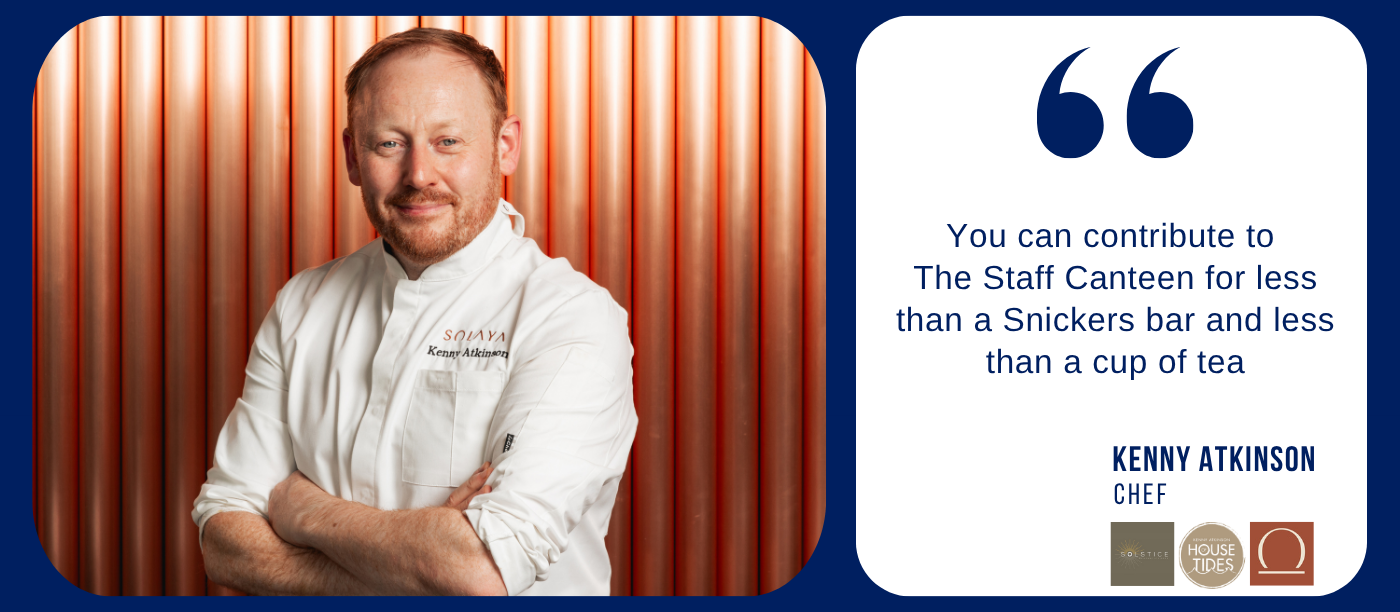solutions to waste management. It developed out of a packaging corporation called Visy Recycling in the1990s and was launched independently in 2001 after it successfully contributed to the Sydney Olympics waste management and recycling programme, helping to divert over 70% of all waste from the games away from landfill. The company soon moved to the UK to get involved with the Olympic bid for London 2012 where it originally concentrated on plastics recycling before moving, more recently, into food waste.
Closed Loop’s UK project manager, Nick Cliffe said: “We’ve been going very steadily so far

because you have to make sure that these machines don’t contravene any regulations. We’ve had to talk to the Association for Organics Recycling; we’ve had to talk to the Environment Agency and lots of other external people.” Now the machines are ready to go however and Closed Loop Environmental solutions are planning an official launch later this year.
For Nick, despite all the clever technology in the units, it is the bacteria that are the stars of the show, even referring to them as “another member of the team”. The microbe in question is called Acidulo; it is an ‘extremophile’ meaning it likes extreme conditions and a thermophilic obligate aerobe which, to the uninitiated means it breaths oxygen and likes it hot. Indeed most of the Closed Loop unit's function is to provide the bacteria with the optimum conditions to breakdown the food waste; the rest is up to them.
The machine comes supplied with sawdust that is saturated in a solution of the dormant microbes or ‘spores’. This sawdust is placed in the machine with a bit of water and it is turned on. The heat that it generates awakens the bacteria. This, combined with the a steady supply of air, a bit of agitation (provided by the machine) and regular food (provided by the restaurant’s food waste) is all that is needed to keep the microbes alive and well and breaking down between 20kg and a tonne of food waste a day depending on the size of the machine.

The resulting compost is nutrient rich and looks like instant coffee granules. It even smells pleasant, with an aroma resembling malt, Marmite or even, according to some, Christmas cake. It forms the ‘closed loop’ to the system because it can be used to fertilise soil to feed crops to produce food which might one day feed customers in the very same restaurant where it started as waste.
Sat Bains likes the closed loop idea and has big ideas for his unit. “We’re looking at several different options at the moment,” he said. “The University of Nottingham are interested in doing a pop up farm in the square and they’d like to use our compost. I’m also talking to the Allotment Association where we provide them with compost and they grow vegetables that we then buy back. We’re also looking to give it to a specific farm to grow vegetables for us. There’s lots of different avenues; ideally I’d like to do all of them.”
But it’s not just the short term future that Sat is looking to; it’s the long term and that, ironically, comes from closer to home – his own kitchen.

“I’ve got 11 chefs in there,” he said, “and I want them all to realise what we’re trying to do. I want everyone at the restaurant to be responsible for their actions and, ultimately, when they have restaurants of their own, they’re going to think straight away – can we do something that’s really ethical and green now, rather than doing it later?”
Sat Bains is a chef who has come of age and is embracing his responsibility to the environment as well as to younger chefs. Perhaps he sees giving something back to the next generation as his own way of closing the loop.

To find out how much you could save in your kitchen
download the "UFS Wise up on Waste" app.
See the full House of Lords report on food waste
here





















